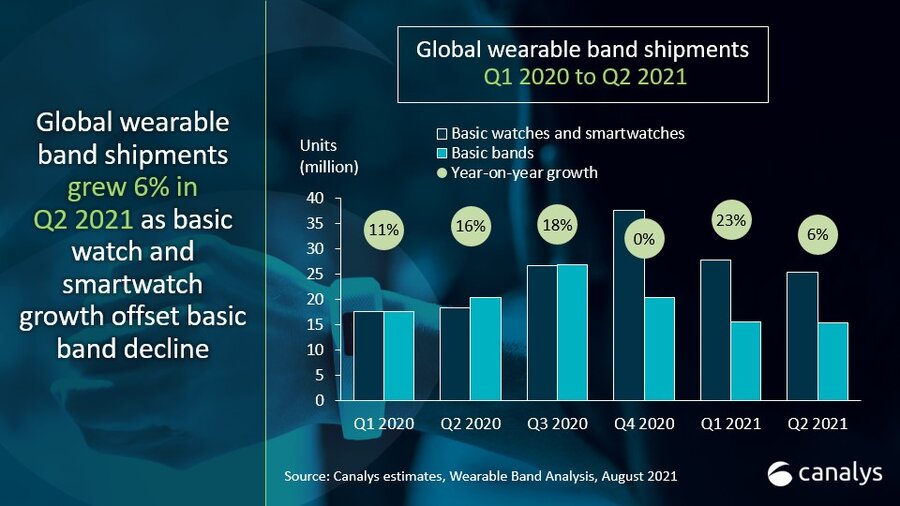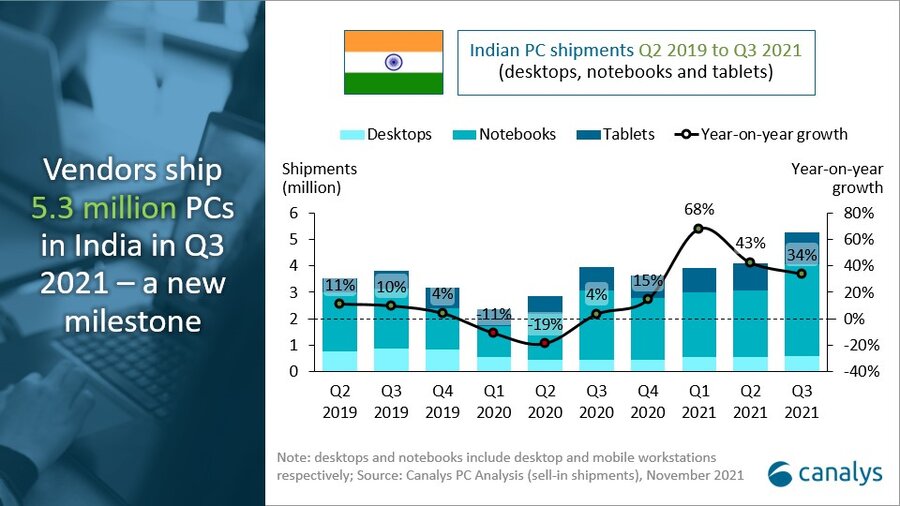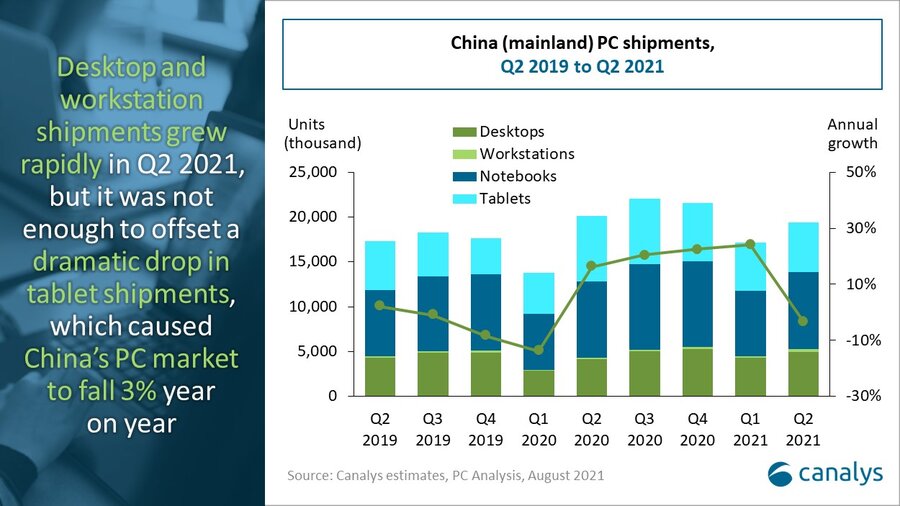Top iOS and Android apps largely absent on Windows Phone and BlackBerry 10
Palo Alto, Shanghai, Singapore and Reading – Thursday, 23 May 2013
Canalys’ App Interrogator research has highlighted the size of the task facing the vendors eager to become the ‘third ecosystem’ in mobility. Apps have become fundamental to how consumers use, personalize and engage with their mobile devices and connected services. But the Android and iOS duopoly that is so apparent in the device space today remains stark when considering apps too, despite substantial efforts from Microsoft - aided by OEM partners, most notably Nokia - and BlackBerry to improve their relative app propositions.
Of the top 50 free and top 50 paid apps featured in the Apple App Store and Google Play in the United States, based on their aggregated rankings over the first 20 days of May 2013, just 34% feature in either the Windows Phone store or BlackBerry World (as of 21 May 2013). The Windows Phone store contained 16 of the top 50 free Apple App Store applications, and 14 of the top 50 paid. It contained 22 of the top 50 free Google Play store’s applications, and 13 of the top 50 paid. In comparison, BlackBerry World contained BB10 versions of five of the top 50 free Apple App Store applications, and nine of the top 50 paid. It contained 11 of the top 50 free Google Play store applications, and 11 of the top 50 paid. In each case the functionality of a small number of additional apps is supported by one or more unofficial third-party offerings. The lists also include a small number of apps, such as ‘Find My iPhone’, that are specific to a particular ecosystem, as well as some utility apps, such as flashlight apps, for which similar offerings with equivalent functionality are available. Taking this into account, the picture can be made a little more optimistic, but the presence of clear gaps in their inventories cannot and should not be masked. This is also a picture that remains similar today in many markets around the world.
‘These stats underscore the scale of the job Microsoft and BlackBerry each still face in their respective bids to build up their app ecosystems, and to deliver still more compelling - and crucially - genuinely competitive offerings around apps, and both vendors must continue to work hard to rise to the challenge,’ said Canalys Senior Analyst, Tim Shepherd. ‘The availability of key apps is a factor in motivating consumers’ initial mobile device purchasing decisions, and it will only become more so. But moreover, it is a major factor in determining ongoing consumer satisfaction.’
‘Simply, Windows Phone and BlackBerry customers do not want to miss out on apps (or app features) from important and locally relevant brands, or the latest games, because of their choice of smart phone. It is therefore imperative for the success of both Windows Phone and BlackBerry that their respective app ecosystems attract and offer the high-quality content that consumers want and would otherwise miss.’
Earlier this month, both vendors released updated figures on the size of their app inventories: Microsoft announced that the Windows Phone store now contains over 145,000 apps, while BlackBerry revealed that it now has in excess of 120,000 BB10 apps available. By comparison, the Apple App Store and Google Play each boast more than 800,000 apps. But the significance of this deficit should not be overstated. ‘At a certain point, how many apps are in a store becomes irrelevant. Offering 100 different unit converters or weather apps is not a valuable choice. What is now far more important for BlackBerry and Microsoft is to focus on plugging inventory gaps and making sure they offer the right apps; to focus on quality and local relevance, not quantity. They must ensure they are attracting and proactively encouraging apps from the locally relevant brands in their key markets, such as retailers, banks, transport services and airlines, news, sport and weather providers, and popular online content, services, communities and games,’ said Shepherd.
BlackBerry has good momentum at present and it is a significant achievement to have added over 50,000 apps in just three and a half months, including some big branded apps such as Skype that was recently added and Angry Birds Star Wars, particularly given the limited addressable base of devices today. It is heavily engaged in a program of worldwide developer outreach and support, which is undoubtedly paying dividends. Yet it is clear that there are too many important titles missing today and that must be urgently addressed.
Microsoft and its partners are ahead in terms of the number of apps on offer and the proportion of leading titles from other platforms in the store. Microsoft has done a decent job bringing a good selection of apps from major international brands to its store, and local content and choice is also improving. But it must now move beyond the very top of the list of key apps and identify and go after the next few hundred popular, valued and sought-after titles in each market. This will be no small challenge - despite a larger addressable device base, the Windows Phone ecosystem appears to lack BlackBerry’s momentum, having taken 11 months to add around 45,000 apps. Microsoft needs to build hype and interest around its platform, and to better communicate the commercial value to developers of building for Windows Phone, or it will struggle to attract key missing titles to its platform.
In both cases, the success of the ecosystems and of the platforms and devices they serve are closely linked. More device sales will mean more opportunity for developers – more high-quality apps will mean more consumer interest and satisfaction around the devices served by the ecosystem. ‘A lot of bets are being placed on HTML5 as a third ecosystem enabler, attracting developers with its cross-platform potential,’ said Canalys Principal Analyst, Pete Cunningham. ‘There has also been a lot of discussion about new mobile device platforms, such as Tizen and Firefox OS, that make heavy use of HTML5. But it will take not only time but also huge effort and promising device volumes to allow competitive ecosystems to be built around them. And challenges around optimization, consistency and maturity of feature support, discoverability and monetization will prevent HTML5 from providing a major shortcut.
Canalys is an independent analyst firm that strives to guide clients on the future of the technology industry and to think beyond the business models of the past. We deliver smart market insights to IT, channel and service provider professionals around the world. Our customer-driven analysis and consulting services empower businesses to make informed decisions and generate sales. We stake our reputation on the quality of our data, our innovative use of technology, and our high level of customer service.
To receive press releases directly, or for more information about our events, services or custom research and consulting capabilities, please complete the contact form on our web site.



